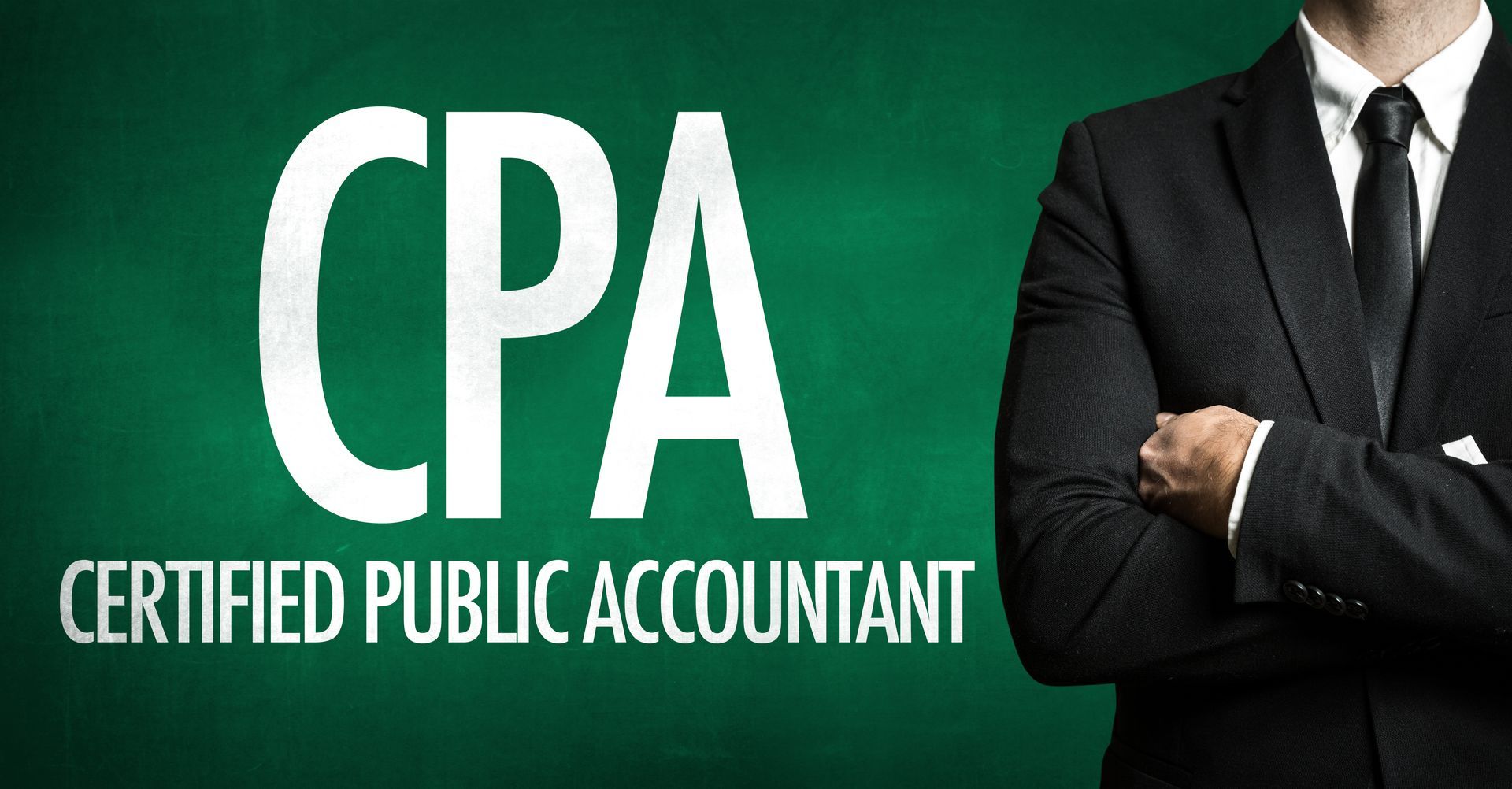What You Should Know About the CPA Exam

There’s more to becoming a Certified Public Accountant (CPA) than simply passing a test. Accounting professionals must embark upon years of education and gain thousands of hours of accounting experience in the workplace before they’re even eligible to become a CPA.
The CPA exam itself is something like a capstone for the certification. It shows that the accountant has the knowledge to put what they’ve learned through years of education and professional experience into practice, verifying their expertise in the field.
Exam Format and Administration
The CPA Exam comprises four sections, each focused on a different domain of accounting expertise. The exam is computer-based and administered at Prometric test centers across the United States and in select international locations.
What Are Prometric Test Centers and What Is Their Role in Administering the CPA Exam?
Prometric test centers are a crucial component in the administration of the CPA Exam, as well as various other professional and academic tests (CFA exams, Microsoft certifications, CISCO certifications, GRE exams, real estate licensure, etc.). The CPA Exam and other tests are administered exclusively at these centers, as their global presence and advanced testing capabilities make them an ideal choice for high-stakes exams where integrity and fairness are paramount.
What Are Prometric Test Centers?
Prometric test centers are specifically designed for administering computer-based standardized tests. These centers provide a consistent, controlled environment that is ideal for high-stakes testing. Their uniformity ensures consistency and fairness for all test-takers, regardless of where they’re taking the CPA exam.
Why Are CPA Exams Administered at Prometric Centers?
The controlled environment helps maintain the security and integrity of the exam. They have the know-how and technology to monitor test takers and prevent cheating and content piracy.
Since Prometric centers are dedicated solely to administering these types of tests on a full-time basis, they’re able to offer flexibility in scheduling, allowing candidates to choose their preferred date and time for the exam.
What Does Passing the CPA Exam Really Mean for Clients?
People tend to assume having any kind of advanced certification is indicative of a professional level of expertise, but we often don’t have a full understanding of what exactly that expertise entails. This is especially true of highly specialized certifications like CPAs.
Why Does Having a CPA Matter? And What Does It Really Mean for Clients?
Comprehensive Understanding of Auditing and Attestation
CPAs are trained to perform audits with the utmost integrity and adherence to ethical standards. The Auditing and Attestation (AUD) section of the CPA Exam ensures that CPAs possess the necessary skills to conduct audits that are both thorough and fair.
A large part of the CPA exam is committed to ascertaining the test taker’s understanding of the complexities of financial reporting and internal controls. Someone who has passed the exam has a proven ability to identify discrepancies and ensure accurate financial disclosures.
Mastery of Business Environment and Concepts
The Business Environment and Concepts (BEC) section ascertains a test taker’s ability to think strategically about business operations and financial planning.
Someone who has passed the CPA exam has demonstrated a solid grasp of economic principles and financial frameworks, which shows they’re able to aid in making informed business decisions.
Expertise in Financial Accounting and Reporting
Passing the Financial Accounting and Reporting (FAR) section indicates that the test taker is well-versed in U.S. GAAP and other accounting standards. Knowing FAR and GAAP inside and out requires more than just rote memorization of rules and procedures. Test takers must be able to generate work products that adhere to these strict standards and absorb and process information delivered in these universal formats.
A CPA who has passed the exam has demonstrated their ability to handle financial reporting for corporations, not-for-profits and government entities, ensuring compliance and accuracy.
Understanding of Regulation and Ethics
The Regulation (REG) section determines the level of federal taxation, business law and ethics knowledge the test taker possesses. This foundational knowledge set is at the core of the CPA’s role. It’s what enables them to provide advice and guidance to clients on various financial matters.
A deep understanding of professional and legal responsibilities ensures that CPAs advise clients in compliance with laws and regulations.
Adherence to Professional and Ethical Standards
The commitment to ethics in accounting is one of the attributes that sets the profession apart from many others. While education for professionals in other fields, such as law or healthcare, includes ethics courses, the core practice focus of these service providers rests elsewhere.
Doctors are primarily concerned with healing people. While there are ethical considerations in healthcare, they’re secondary to the primary goal. There are a variety of ethical concerns in law, but attorneys are primarily focused on holding people or businesses accountable for actions or defending the rights of their clients.
Ethics and accuracy are inseparable in accounting to a degree that goes beyond what you might typically see in other professions. Taxation, auditing, reporting, budgeting and fraud prevention practices have embedded ethical implications.
Investors, financial institutions and clients can only make rational decisions about their own interests with data that’s generated impartially and accurately. There are significant incentives for malfeasance in many scenarios, and identifying malicious behavior isn’t always easy. Accountants are also entrusted with large sums of other people’s money, meaning there is significant room for abuse.
Simply put, being able to fully trust a person you don’t necessarily know is vital when it comes to accounting. Clients who hire a CPA have a unique level of assurance that this person has spent hundreds of hours studying ethics, understands the importance of ethical behavior and has a proven commitment to responsible and honest service.
Get Knowledge and Ethical Accounting Services in Phoenix
The CPA at H&H Accounting Services is committed to meeting the diverse accounting and consulting needs of businesses and individuals in the greater Phoenix area. Whether you need bookkeeping and personal tax preparation or consulting and auditing services, you can count on our knowledgeable and dedicated team of accounting professionals.
Call us at (480) 561-5805 for a free one-hour consultation.



